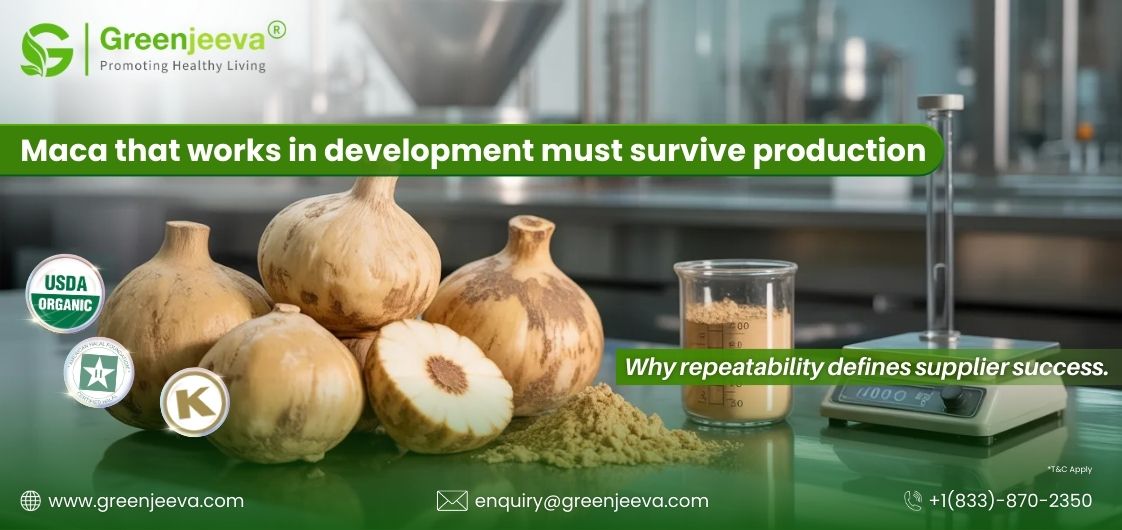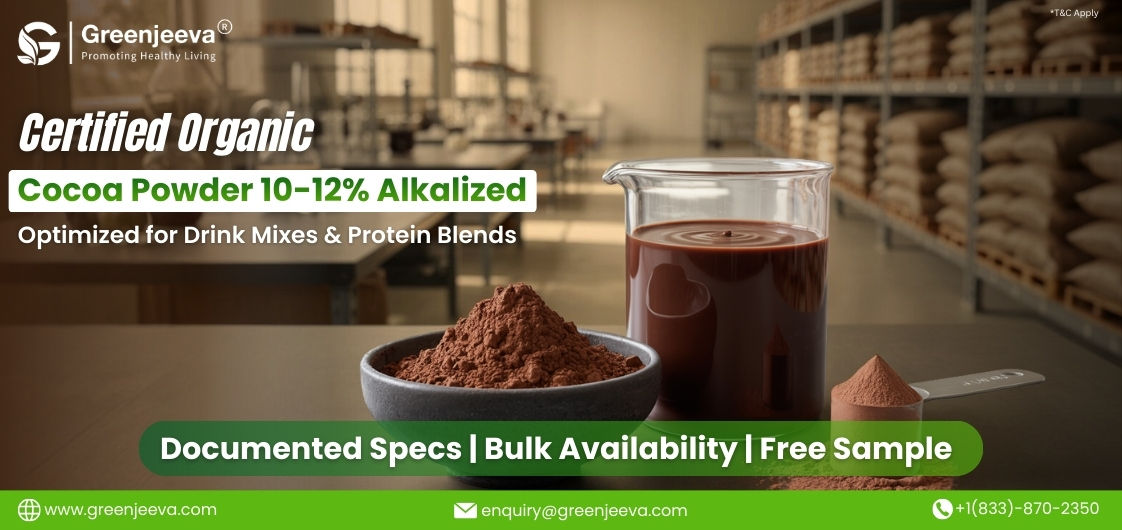Reasons to Add Probiotic Supplements to Your Product Line

Probiotic supplements are among the most popular dietary supplements available. Each year, their revenues increase exponentially. According to Global Market Insights’ best probiotic supplement consumer reports, probiotic sales will approach 64 billion dollars by 2023.
People may take probiotics since they have heard that probiotic supplements can help support a healthy heart and body. However, are probiotics a decent thing to buy? In 2023, will everyone be taking a probiotic supplement?
Probiotics have shown potential for various health goals, including antibiotic-associated responses to prophylaxis. As a result, people worldwide are adjusting their diets to incorporate them.
The desire for people to support their intestinal health has created a commercial opportunity. As a result, there are several potentials for companies in the supplements industry. However, we still need to determine which probiotics are beneficial and which are not.
Which Probiotics Can Benefit My Business Strategy?
Depending on your requirements, you may want a single or multi-strain probiotic. If you need clarification about the type of probiotic you should be sourcing, conduct a thorough review of the market data.
This article defines probiotic supplements, who might benefit from them, how to choose the proper sort, and our recommendations for the finest products on the market.
What Exactly Are Probiotics?
Probiotics are live bacteria that, when consumed in sufficient quantities, support the healthy functioning of the host body.
Probiotics are naturally present in certain meals and our stomachs. Kimchi, fermented yogurt, and sauerkraut, for example, can be natural sources of probiotics. Probiotics may also be added to meals during the manufacturing process.
Beneficial bacteria exist in our intestines and contribute to various key body activities, including vitamin generation, mood management, digestion, immunological function, etc.
Probiotic supplements are also available, which include large doses of a single probiotic strain or many probiotic strains. Be it a probiotic with a single enzyme or a probiotic multi-enzyme, the need to have a reliable supplier of these nutraceutical products is crucial.
Some health advantages have been linked to probiotic supplementation. However, despite significant increases in probiotic research over the last 20 years, researchers are constantly learning about probiotics and the health impacts of probiotic supplementation.
The following are the seven most common microbial organism genera found in probiotic products:
- Lactobacillus
- Bifidobacterium
- Saccharomyces
- Streptococcus
- Enterococcus
- Escherichia
- Bacillus
What are CFUs?
Colony-forming units (CFUs) are used to quantify probiotics (CFUs). These are the number of live bacteria per dose.
1 x 109 CFU products contain 1 billion viable or live bacteria per dose. The majority of supplements include 1 to 10 billion CFUs in each dose. Some supplements may have a higher dose.
How Do We Select The Finest Probiotic Supplements?
We chose the finest probiotics based on the following criteria:
Vetting: All of the items have been vetted to verify that they meet Healthline's medical and business requirements.
Ingredient Quality: We sought materials created from high-quality ingredients devoid of artificial additives and fillers.
Personal Needs: Whether you need a specific probiotic strain or follow a gluten-free diet, we included options to suit various needs and preferences.
Also Read: https://www.greenjeeva.com/blog/probiotics-market-size-share-trends-forecasts-2021-2028
Looking for a Reliable Wholesale Health Supplement Provider?
Probiotic supplements are a growing aspect of the nutraceutical and nutritional industries. Furthermore, all the probiotics listed above are highly recognized by health aficionados.
Are you seeking wholesale nutritional supplements from a reliable source? You can order your requirements from Green Jeeva and receive a special offer on bulk orders.






